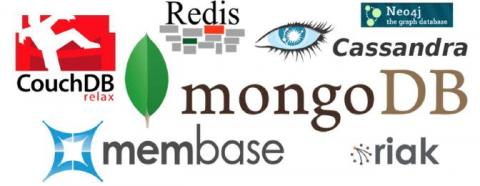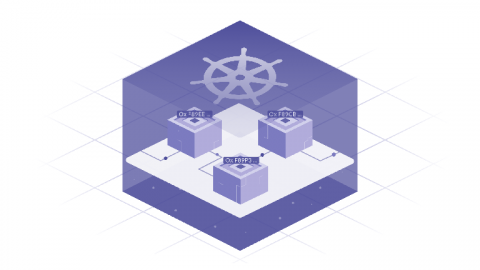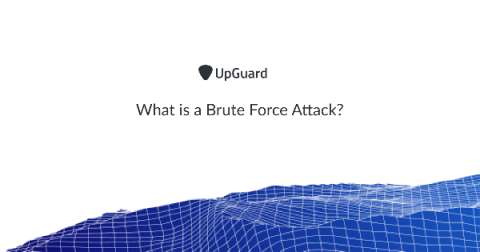Security | Threat Detection | Cyberattacks | DevSecOps | Compliance
Latest News
Why Blockchain Needs Kubernetes
In under five years time, Kubernetes has become the default method for deploying and managing cloud applications, a remarkably fast adoption rate for any enterprise technology. Amongst other things, Kubernetes’s power lies in its ability to map compute resources to the needs of services in the current infrastructure paradigm. But how does this tool work when faced with the new infrastructure layer that is blockchain? Can the two technologies be used in conjunction?
What is a Brute Force Attack?
A brute force attack is a popular cracking method that involves guessing usernames and passwords to gain unauthorized access to a system or sensitive data. While a relatively simple, brute force methods continue to have a high success rate and account for over 80% of attacks on web applications.
The MITRE ATT&CK Framework: Exfiltration
Once an attacker has established access and pivoted around to the point of gathering the necessary data, they will work on exfiltration of that data. Not all malware will reach this stage. Ransomware, for example, usually has no interest in exfiltrating data. As with the Collection tactic, there’s little guidance on how to mitigate an attacker exfiltrating data from the enterprise.
Business Continuity Requires Infrastructure Continuity in Times of Remote Working
Over the last few weeks, most organisations have had to transition to enable their employees to work remotely. The key focus has been on business continuity during this trying time. Unfortunately, business continuity isn’t so easy. Keeping the day-to-day operations of the business running has been one of the hardest IT challenges that most organisations have faced in the last decade. It’s one for which many organisations might not have had a plan in place.
Calico Egress Gateway: Universal Firewall Integration for Kubernetes
New applications and workloads are constantly being added to Kubernetes clusters. Those same apps need to securely communicate with resources outside the cluster behind a firewall or other control point. Firewalls require a consistent IP, but routable IPs are a limited resource that can be quickly depleted if applied to every service.
3 Ways To Easily Integrate Egnyte Content into Microsoft Teams
Now that we’ve also extended our integration to allow organizations to further use Egnyte as a default cloud storage option, users get the benefit of the Egnyte content platform with Microsoft’s productivity and collaboration tool. Egnyte capabilities through Collaboration Tab and Messaging Extension is another critical way we enhance how organizations use Microsoft Teams.
Why Social Engineering Are Major Threats in 2020?
Not all cybersecurity threats and attacks occur on hardware and software components. Instead, humans are also vulnerable to social engineering attacks, a kind of cyber-attack. Social engineering psychologically manipulates people to trick them into performing actions or revealing sensitive information.
6 mistakes to avoid when choosing a managed services provider
Applications support some of the most strategic business processes and access an organization’s most sensitive data. However, application security continues to receive less budget and attention than network security. Thanks to the high-profile data breaches of the past few years, we can’t blame lack of awareness for the lack of investment. Security experts and business leaders alike are now painfully aware that hackers are targeting applications as an entry point.
Stories from the SOC - System compromise with lateral movement
Stories from the SOC is a blog series that describes recent real-world security incident investigations conducted and reported by the AT&T SOC analyst team for AT&T Managed Threat Detection and Response customers. Malicious network traffic from foreign IPs was observed trying to establish communication to a compromised internal system.










